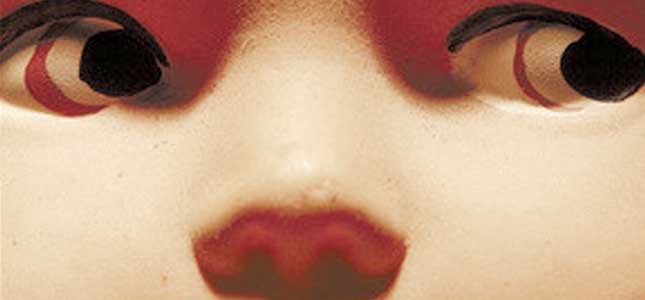
Available on paperback, audiobook and ebook, it tells the story of a disheveled and slightly broken family in the wake of the unexplained hanging of youngest child Robin at the age of 9. Set in the deep south of Tartt’s own Mississippi in the 1970s, it meanders in and out of the little family’s past and present for a little while, unearthing the impact the death has had on them before centering on the strong and willful character of Robin’s youngest sister Harriet Dufresnes, who has become obsessed with tracking down her bother’s killer.
Still just a child herself, she struggles with her mother’s reclusive depression and spends most of her time with her various aunts, hard-ball grandmother Edie and best friend Hely. However, things get pretty dark as Harriet, who had witnessed the death of her brother as a toddler, but has no memory of what happened, pieces together her own series of clues to decide that the killer was local hick criminal Danny Ratliff and she sets out to even the score in the heat of one Mississippi summer.
It makes for a good thriller on the surface of things, although it takes a long time getting to the nub of things, but the novel seems more about the family dynamic, or altered family dynamic as a result of the incident that span them all off in new directions with painful and long-reaching hooks back to the dark day. It’s a story that reiterates the importance of consequences. How actions can change things irrevocably, building on the premise of the butterfly effect.
There are shades of Harper Lee’s To Kill A Mockingbird about The Little Friend, but without the more direct purpose and easily identifiable allegorical subtext. It even feels like it inverts Lee’s message of empathy to look at what happens when there is little concept of seeing things from the other side of the fence, where the only concern is your own selfish plans in life. When you look at the book from this perspective it starts to make a lot more sense and feels a bit more robust, shedding light on some of the plot twists that take place.
While we enjoyed reading the novel, especially as it slowly wound its way up to its frenetic culmination, it’s hard not to picks up on the less appealing aspects of the book. The first and most significant for us is that it’s got a very baggy jumper quality to it, building in a lot of slack that often comes across as being a little pointless or unnecessary. Though Tartt is a very gifted writer, with an exceptional ability for detailed description, there are time that this goes beyond the point of being useful, making the loose fitting pages feel even more languid, paralleling the sleepy city in which the nothingness of existence is only pierces by strange and frightening events. While this can feel a little self indulgent on the part of the writer, a criticism that we made to the last few pages of The Goldfinch, it does sort of work as a device that accentuates Harriet’s predicament.
This is added to by a lack of conclusion to key elements of the story and characters that appear to be integral to the plot, but ultimately sink away as if they had never been there in the first place. LaSharon Odum and her reading competition with Harriet turns to nothing but a mini fight over red gardening gloves, Eugine features up heavily without and real significant or meaningful consequence and Hely’s late in the novel band class defection is random and pointless.
However, a big part of the book is about the first contact of a child with the harsh potential of adult life and in this respect it’s a triumph of sorts as it paints a very negative view on the coming of age. You can look at this both positively and negatively, but the most important point is that it’s an interesting premise to look at from the viewpoint of the smart, but flawed young and questionable protagonist.
If you’re looking for a book that closes with open ended questions and a complete lack of surface level resolution then you’ll be very comfortable with Donna Tartt’s The Little Friend. It’s not perfect, it takes a long time to get to the point, if it gets there at all, and it’s littered with random interjections, but if you peel back it’s pillowy layers you’ll find a lot to ponder.
Donna Tartt, The Little Friend review: 3.3/5


